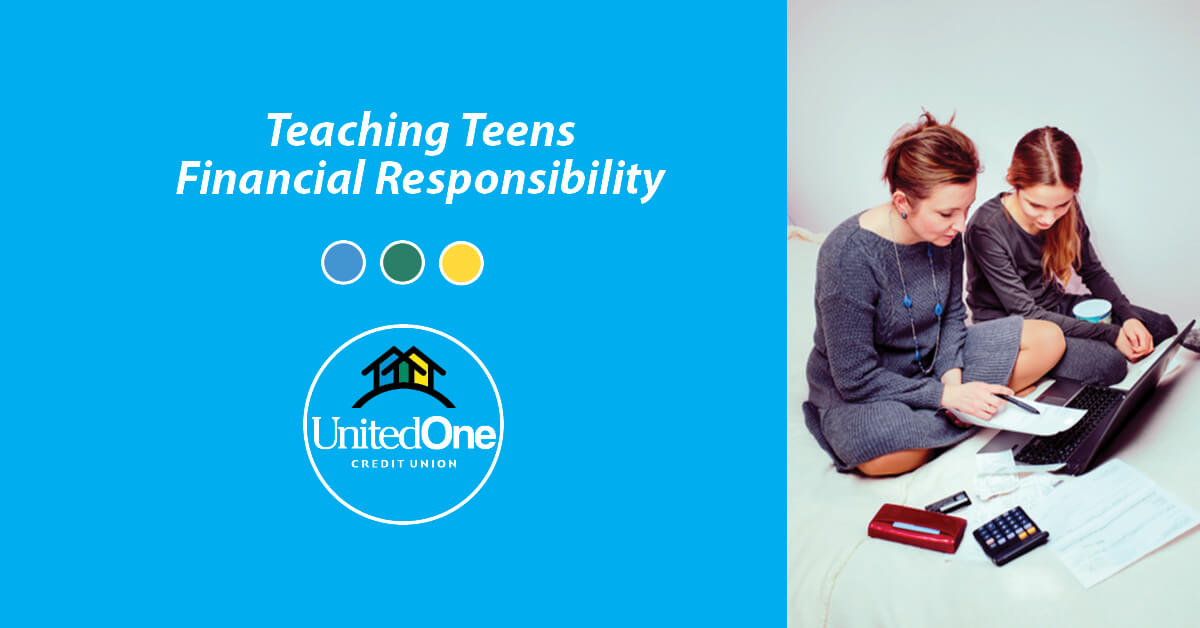
Nurturing Smart Money Habits: A Guide to Teaching Financial Responsibility
Financial responsibility is a crucial life skill that empowers individuals to make informed and sustainable financial decisions. In this guide, we explore effective strategies for teaching financial responsibility, fostering smart money habits that contribute to long-term financial well-being.
Understanding the Importance of Financial Responsibility
Before delving into teaching methods, it’s vital to emphasize the significance of financial responsibility. Being financially responsible means managing money wisely, making informed decisions, and planning for the future. This life skill is fundamental for achieving financial security, independence, and the ability to weather economic uncertainties.
Starting Early with Financial Education
The foundation of financial responsibility often begins in childhood. Introducing financial concepts to children in an age-appropriate manner lays the groundwork for a lifetime of smart money management. Teach basic concepts such as saving, budgeting, and the value of money through engaging activities and discussions. Make financial education an ongoing conversation that evolves with a child’s understanding.
Setting a Positive Example
Children and young adults often learn by observing the behaviors of those around them. Parents, educators, and mentors play a pivotal role in shaping financial attitudes. By demonstrating responsible financial habits, such as budgeting, saving, and making informed purchasing decisions, adults serve as positive role models for the next generation.
Introducing Budgeting Skills
Budgeting is a cornerstone of financial responsibility. Teach individuals, regardless of age, how to create and stick to a budget. Emphasize the importance of tracking income, categorizing expenses, and prioritizing needs over wants. Encourage the habit of revisiting and adjusting budgets regularly to adapt to changing financial circumstances.
Promoting the Value of Saving
Savings provide a financial safety net and enable individuals to work towards future goals. Teach the habit of saving by introducing concepts like setting financial goals, creating an emergency fund, and differentiating between short-term and long-term savings. Instilling the value of delayed gratification contributes to building a strong savings mindset.
Teaching the Basics of Investing
While investing may seem complex, introducing the basics can demystify the concept. Teach about different investment vehicles, risk and return, and the power of compound interest. Emphasize the importance of starting early to take advantage of long-term growth. Encourage individuals to seek financial advice and continually educate themselves about investment options.
Navigating Credit and Debt Management
Understanding the responsible use of credit and managing debt is a critical aspect of financial responsibility. Teach about credit scores, interest rates, and the implications of debt. Emphasize the importance of responsible credit card usage and the potential long-term consequences of accumulating high levels of debt.
Encouraging Smart Spending Habits
Teaching financial responsibility includes instilling smart spending habits. Emphasize the value of distinguishing between needs and wants, comparing prices before making purchases, and avoiding impulse buying. Introduce the concept of mindful spending, where individuals align their purchases with their values and long-term financial goals.
Emphasizing Financial Goal Setting
Setting clear financial goals provides a roadmap for responsible money management. Guide individuals in defining short-term and long-term goals, whether it’s saving for education, homeownership, or retirement. Help them break down larger goals into manageable steps, creating a sense of achievement along the way.
Continuing Education and Adaptability
Financial responsibility is an evolving skill that requires continuous learning and adaptability. Encourage individuals to stay informed about financial trends, explore new opportunities, and adjust their financial strategies as needed. Emphasize the value of seeking professional financial advice when faced with complex financial decisions.
In conclusion, teaching financial responsibility is an investment in the financial well-being of individuals and communities. By fostering smart money habits and providing the necessary tools, we contribute to a future where financial literacy is widespread, and individuals confidently navigate their financial journeys.


